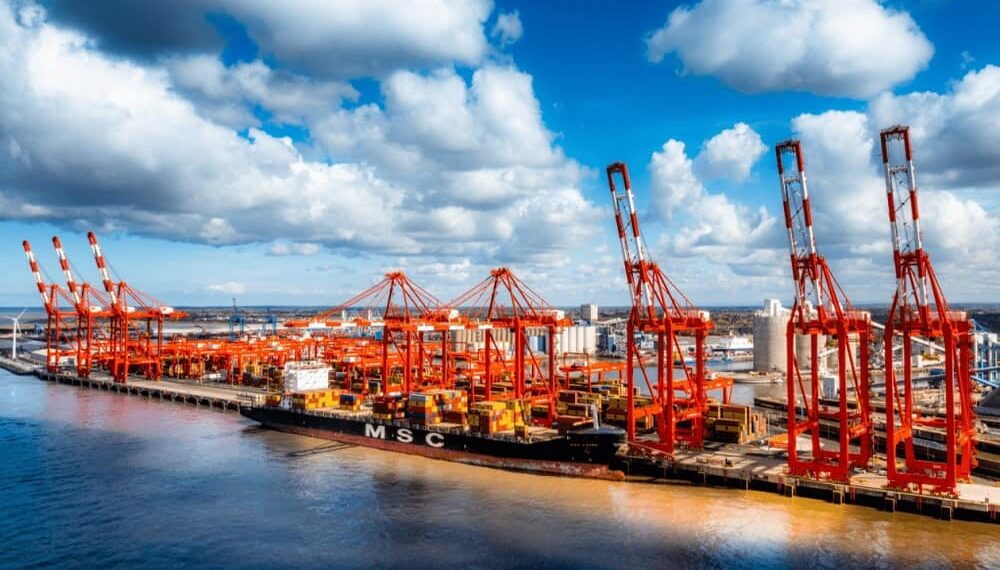The International Maritime Organization (IMO) has adopted a new plan to reduce greenhouse gas (GHG) emissions from the global shipping trade. The 2023 IMO Strategy on Reduction of GHG Emissions from Ships includes the “common ambition to reach net zero… close to 2050”.
To achieve that goal, the IMO Strategy includes “a commitment to ensure an uptake of alternative zero and near-zero GHG fuels by 2030”.
There are several interim targets along the way to 2050, including a 20% GHG cut by 2030 and at least 80% by 2040. All the targets are made in comparison to the 2008 GHG figures.
In setting its targets for the global industry, the IMO said its targets provide “a needed incentive while contributing to a level playing field and a just and equitable transition.”
IMO secretary-general Kitack Lim said: “The adoption of the 2023 IMO GHG Strategy is a monumental development for IMO and opens a new chapter towards maritime decarbonisation.
“At the same time, it is not the end goal, it is in many ways a starting point for the work that needs to intensify even more over the years and decades ahead of us.”
The IMO said a goal-based marine fuel standard regulation and a maritime GHG emissions pricing mechanism would be developed and finalised by IMO members, but only an agreement to install future regulation was signed at this week’s Marine Environment Protection Committee (MEPC 80).
The strategy agreed at MEPC 80 noted the impact on member states should be assessed, especially poorer and less developed nations, which may raise concerns within the industry on how effective the plan can be.
The IMO explained: “The strategy says that the impacts on States of a measure/combination of measures should be assessed and taken into account as appropriate before the adoption of the measure in accordance with the revised procedure for assessing impacts on states of candidate measures.
“Particular attention should be paid to the needs of developing countries, especially SIDS and LDCs.”
Lim added: “Above all, it is particularly meaningful to have unanimous support from all member states. In this regard, I believe that we have to pay more attention to supporting developing countries, in particular SIDS and LDCs so that no one is left behind.”
Outside of solid targets, the MEPC adopted life cycle assessment guidelines for marine fuels to better understand the GHG emissions associated with fuels through production, not just onboard use – known as well-to-wake calculations. However, the guidelines also allow for tank-to-wake calculations, which only register the emissions directly linked to the combustion of fuels onboard ships.
The MEPC met at the IMO’s headquarters in London with at least 1,800 delegates in attendance. Other outcomes and agreements from MEPC 80 will be released by the IMO in the coming days.


































